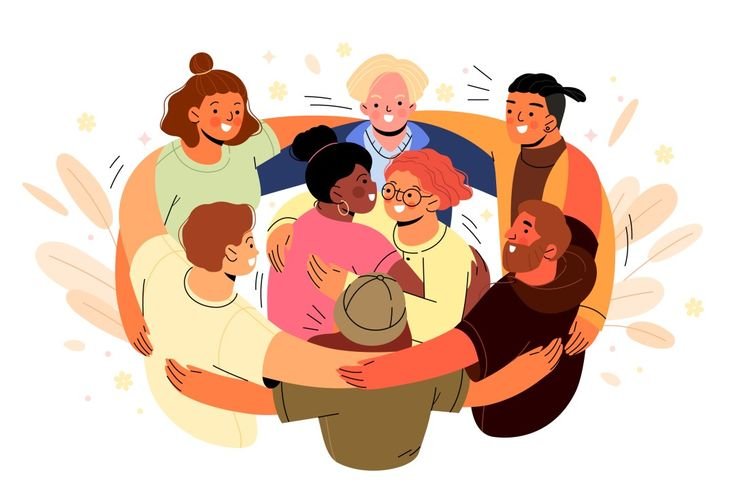
Social Cognition and Social Reality
An individual responds to a social situation based on how they perceive it. Take the story of Romeo and Juliet, for instance—it would have had

Happiness and love are two of the deepest and most universal emotions that human beings can experience. Although they are often interconnected, each of them has unique nuances and meanings that shape our lives in different ways.

Happiness, often described as a state of contentment or fulfillment, is something we all seek, whether consciously or unconsciously. It is not merely about fleeting moments of joy but rather a feeling of inner peace and lasting satisfaction, even in the face of adversity. True happiness is not found in material possessions or superficial achievements but in the acceptance of who we are and gratitude for what we have. It is a continuous journey of self-discovery and understanding what truly matters in our lives.
Love, on the other hand, is a powerful force with the potential to transform lives. It is a feeling that transcends barriers, whether it is romantic love, familial love, or even love for ourselves. Love is the foundation of healthy and meaningful relationships, where respect, trust, and a genuine desire for the other’s happiness prevail. However, love also requires courage, as it entails vulnerability and the willingness to give ourselves fully, even knowing that we may face disappointments.
When happiness and love come together, they create a symbiosis that can enrich our lives in unparalleled ways. Love can be one of the greatest sources of happiness, providing a sense of belonging and emotional security. At the same time, happiness can strengthen love, as a person who is at peace with themselves is better able to love fully and selflessly.
Paul Bloom’s perspective in his book Sweet Spot offers an interesting reflection on the nature of happiness and human suffering. Contrary to the hedonistic theory, which associates happiness with the relentless pursuit of pleasure and the absence of pain, Bloom argues that suffering plays an essential role in building a meaningful life.
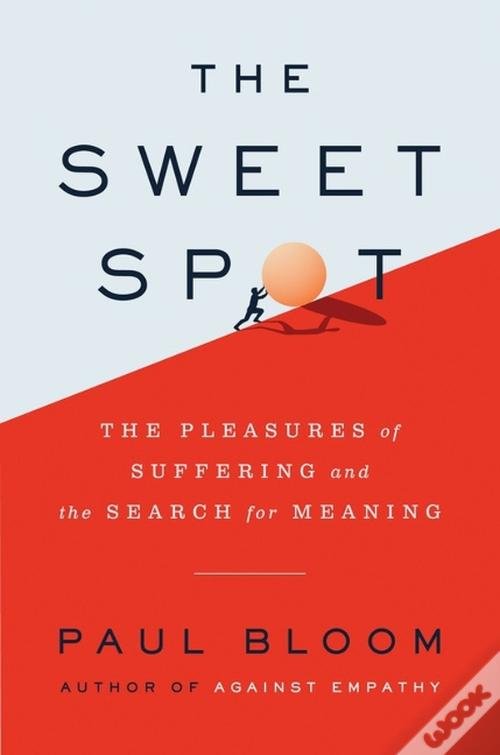
According to Bloom, human beings are not satisfied with mere momentary pleasure; what we truly seek is a life with purpose. This pursuit inevitably involves challenges, suffering, and effort. For example, meaningful endeavors such as raising children, achieving athletic goals, or dedicating oneself to important causes are choices that, though difficult and fraught with hardship, bring a profound sense of fulfillment and purpose.
This perspective is supported by various personal experiences and scientific studies. Greta Thunberg, for instance, mentioned that before starting her climate strikes, she felt listless and isolated. However, upon finding a purpose, her life was transformed, even though it meant facing numerous challenges.
People who lead lives with clear objectives often experience more anxiety and stress than those who describe themselves as simply happy. The most rewarding professions, for example, are often those that involve dealing with the suffering of others. Furthermore, as philosopher Alan Watts argues, a simple and easy life could quickly become boring. True satisfaction, according to these perspectives, comes from intense experiences that are both pleasurable and painful.
In conclusion, happiness and love are the essences that make life richer and more meaningful. Although they can be challenging to achieve in their entirety, they are goals worth striving for, as they bring color and purpose to our existence.

An individual responds to a social situation based on how they perceive it. Take the story of Romeo and Juliet, for instance—it would have had
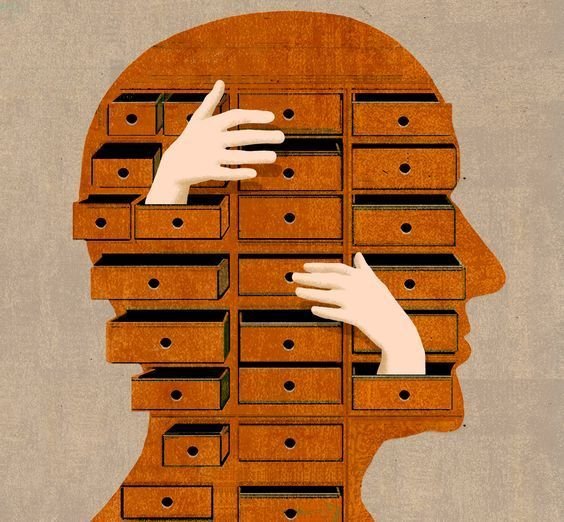
Who hasn’t forgotten where they left their car keys or phone? Or perhaps forgotten to defrost dinner? These small lapses are what we commonly call
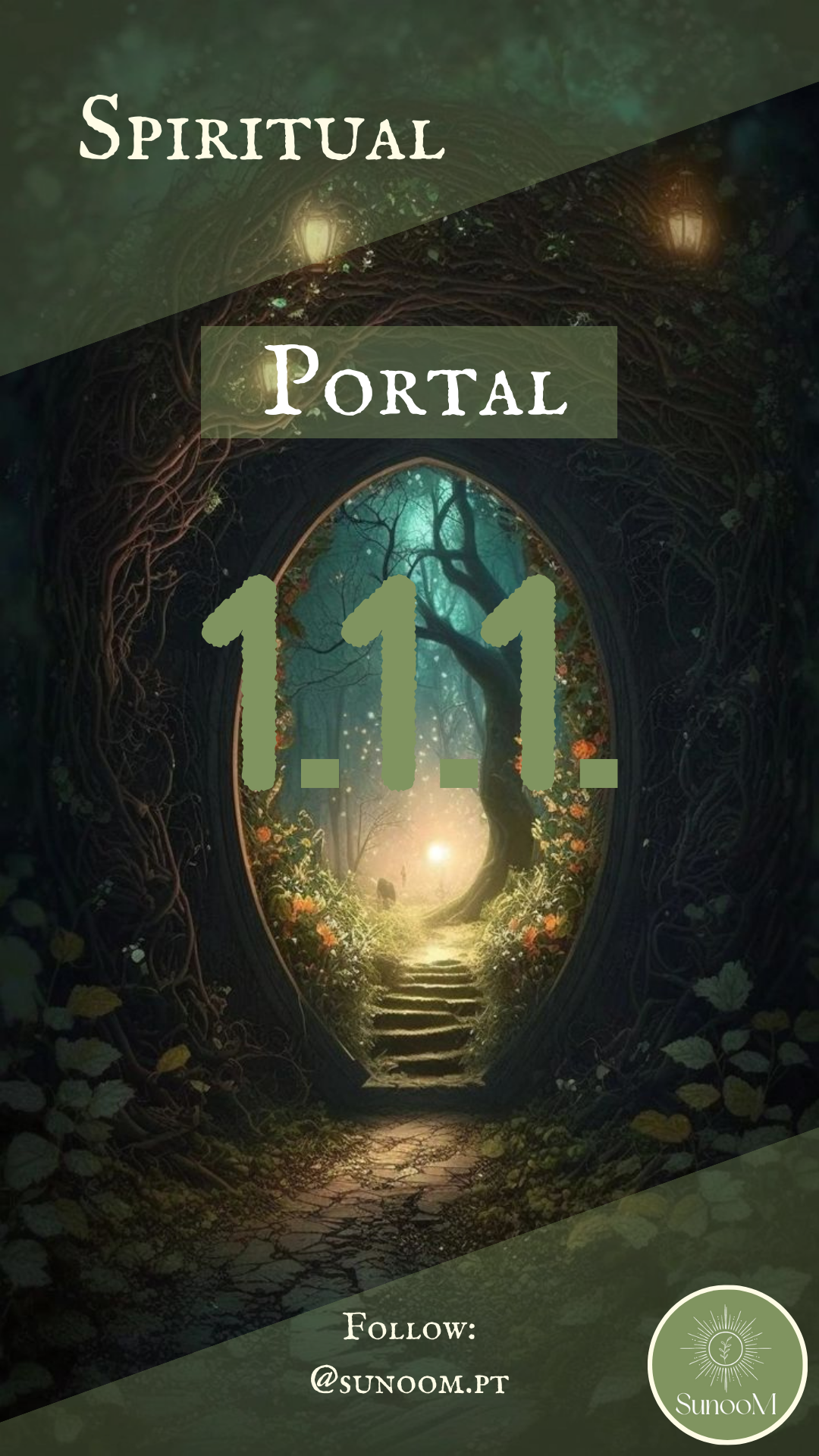
The date 11.01.2024 is a significant moment in the spiritual calendar – the day of the 111 Portal. This unique gateway carries powerful energies of

Nunca mais guarde rancor Na vida, sempre haverá um lado positivo e um lado negativo nas coisas, e cabe a você decidir como quer viver

When someone prefers having a small circle of friends and doesn’t mind spending time alone, they are called loners. Some people confuse solitude with negative
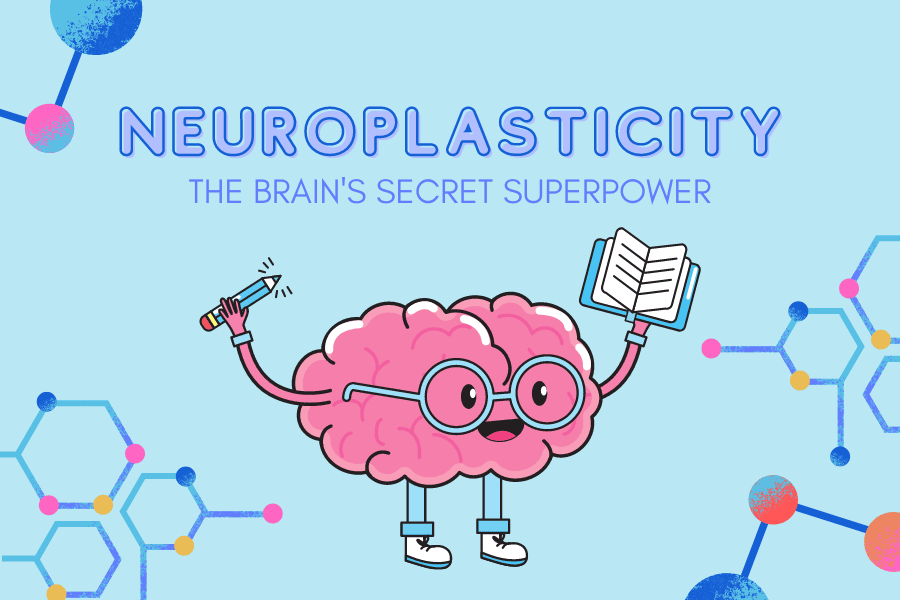
Neuroplasticity: The Power of a Transforming Mind Have you ever imagined that, just as water finds new paths as it flows down a mountain, your



